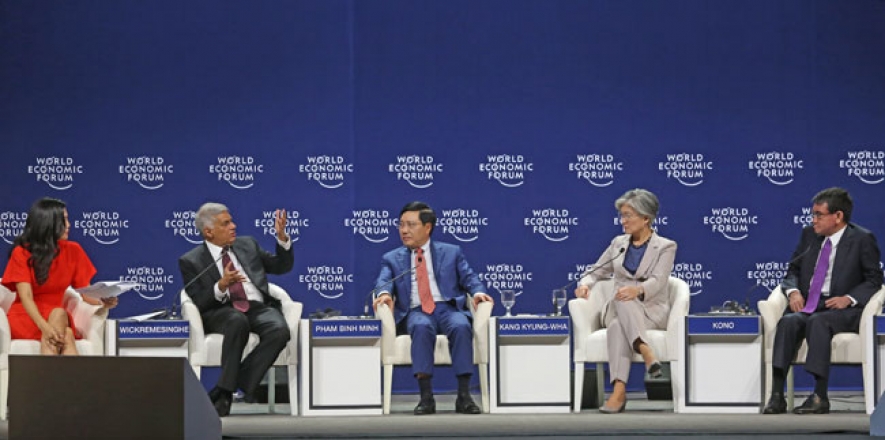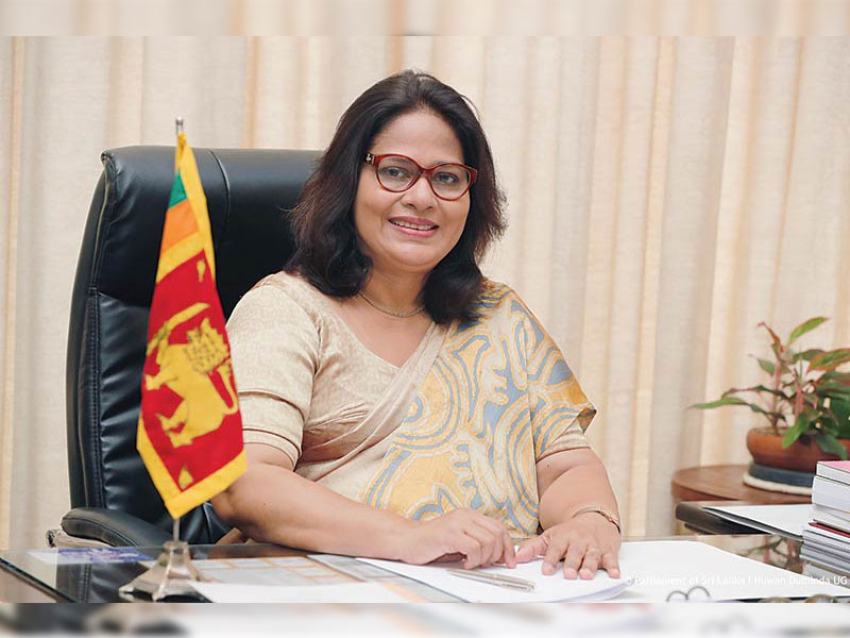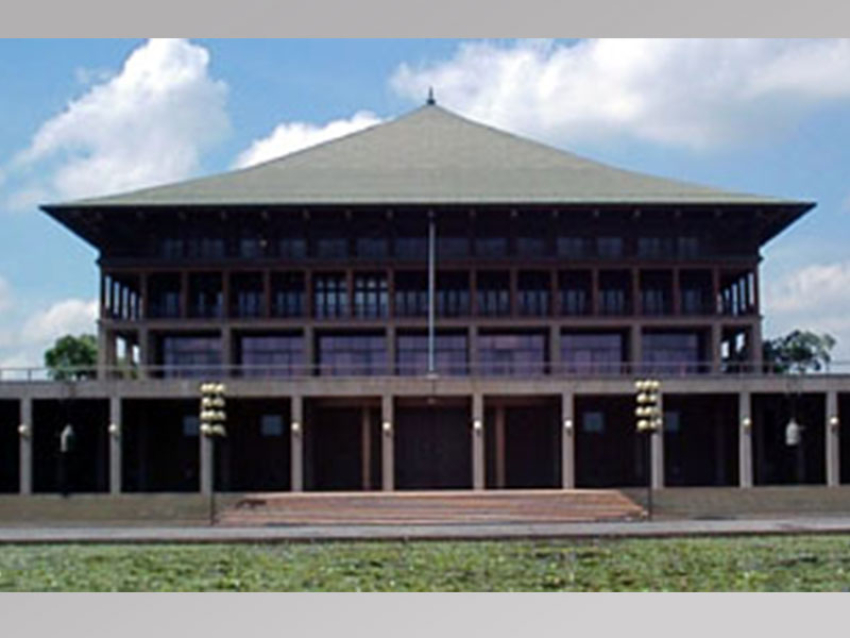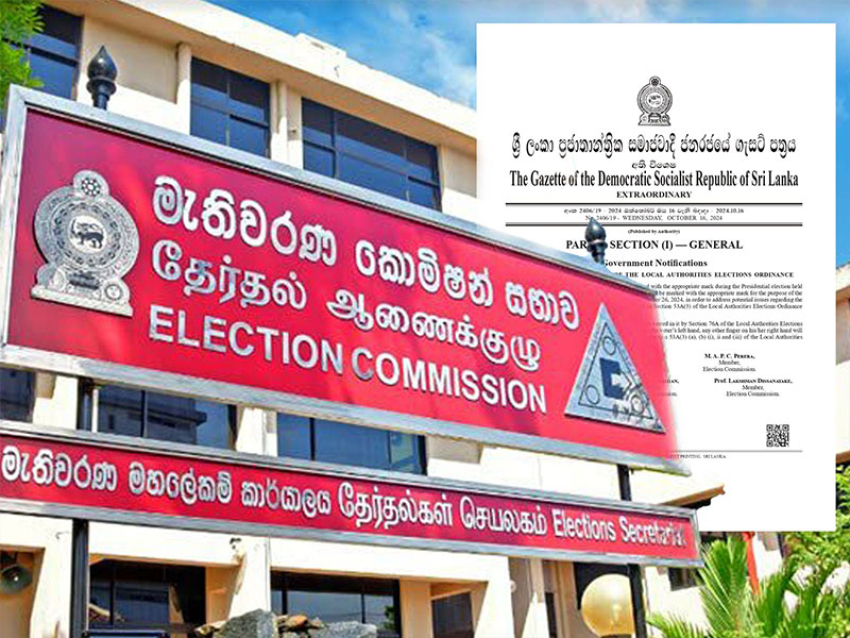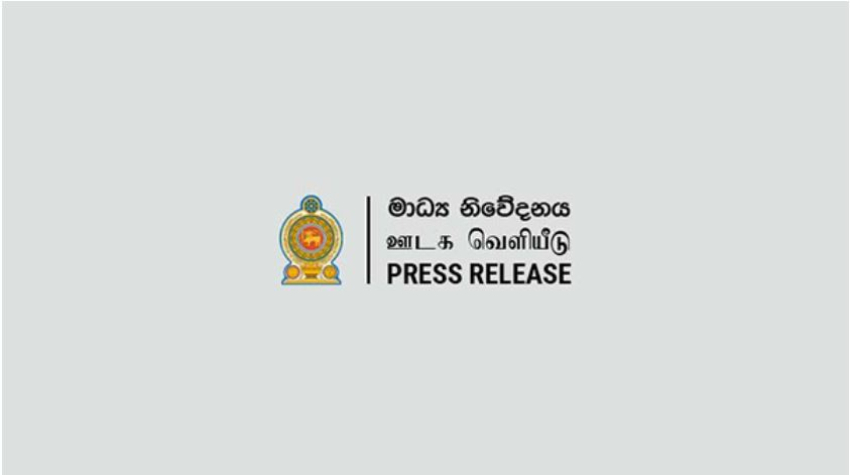He was joined by Japan’s Minister of Foreign Affairs Taro Kono, South Korean Minister of Foreign Affairs Kang Kyung-Wha and others.The discussion was heavily dominated by the fear of rising unilateralism in the global economy and geopolitics.
Pointing to growing tensions between China and the United States (US), they expressed their fears that unilateral action between the two countries will have massive effects on the global economy and geopolitical landscape.
“I think we need to establish rule-based international order and any unilateral challenge to the status quo; the international community needs to stand up against it,” said Taro Kono, Japan’s minister of foreign affairs. The “collapse of multilateralism, stemming from the trade war” between the United States and China, he said, must follow the same principles and existing liberal international order.
Asean leaders and their counterparts from Japan, South Korea and Sri Lanka echoed concerns about rising unilateralism over rising trade tensions and territorial concerns in the South China Sea, raising critical questions about the geopolitical implications of the global rebalancing.
“Looking at the geopolitics in Asia and friction between America and China, I am concerned about the rebalancing of the global order,” said Ranil Wickremesinghe.“What will happen to multilateral law? What we have built up is multilateral law. Will that law be decayed, diminished or can it be strengthened?”
Other topics discussed include security issues in the South China Sea as well as the rise of China’s influence in the region.After three days of discussions and meetings, the World Economic Forum (WEF) on ASEAN in Hanoi, Vietnam concluded today.The third day kicked off with a rare one-on-one session between the President of the World Economic Forum Børge Brende and Myanmar’s State Counsellor, Aung San Suu Kyi.

